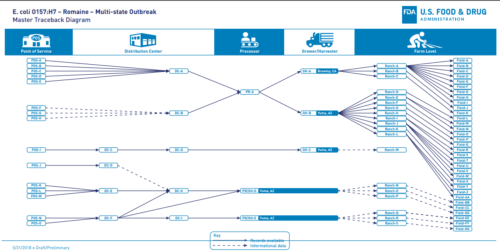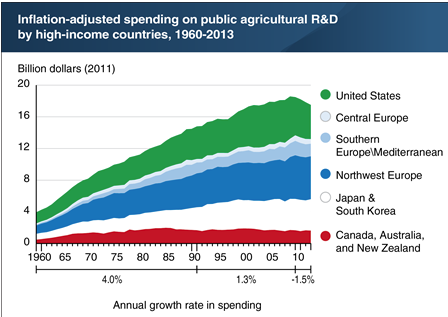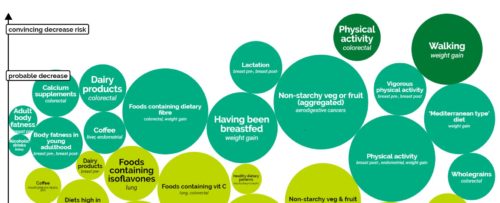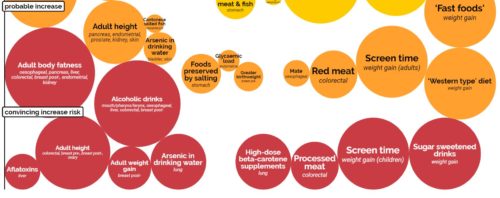The FDA has concluded its “consultation process” on Golden Rice. This, you may recall, is rice bioengineered to contain genes for beta-carotene, a precursor of vitamin A.
The International Rice Research Institute (IRRI) consulted with the FDA to make sure that the agency had no objection to this rice being used in human or animal food products.
The FDA’s letter to IRRI concluding the consultation includes this statement:
Although GR2E [“Golden”} rice is not intended for human or animal food uses in the United States, when present, it would be a producer’s or distributer’s responsibility to ensure that labeling of human and animal foods marketed in the United States, meets applicable legal requirements. Although the concentration of ß-carotene in GR2E rice is too low to warrant a nutrient content claim, the ß-carotene in GR2E rice results in grain that is yellow-golden in color.*
The FDA’s analysis of the science concludes that this rice Is unlikely to be toxic or allergenic. It also concludes that although the rice contains higher amounts of ß-carotene than non-modified rice, people in the U.S. are unlikely to eat much of it and in any case the amounts would decline due to storage, processing, and cooking.
In any case, the amounts are not high enough to merit a nutrient-content claim.
This rice has long been promoted as a means to solve problems of vitamin A deficiency in the developing world. Will it? We are still waiting to find out.
*What does “too low to warrant a nutrient content claim” mean?
The FDA’s rules for nutrient content claims (go to pages 91 and 92) say:
- “High,” “Rich in,” or “Excellent source of” means that a standard food portion contains 20% or more of the daily value for that nutrient.
- “Good source,” “Contains,” or “Provides” means 10% to 19% of the daily value per standard serving.
- “More,” “Fortified,” “Enriched,” “Added,” “Extra,” or “Plus” means 10% or more of the daily value than an appropriate reference food.
The daily value for beta-carotene is complicated because it is a precursor of vitamin A; 12 micrograms of beta-carotene are equivalent to one vitamin A unit. The standard for adults and children is 900 vitamin A units or 900 x 12 for beta-carotene = 10,800 micrograms.
One serving of Golden Rice must provide less than 10% of that amount (1,080 micrograms).
For comparison, one small carrot provides about 4000 micrograms of beta-carotene.






